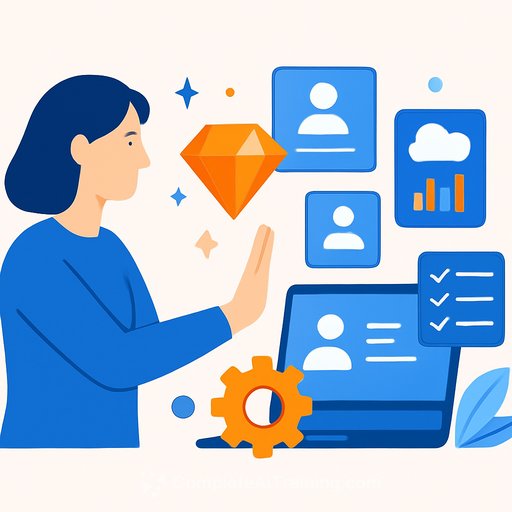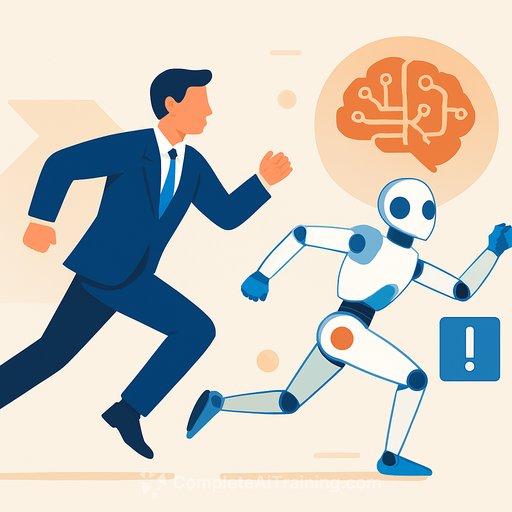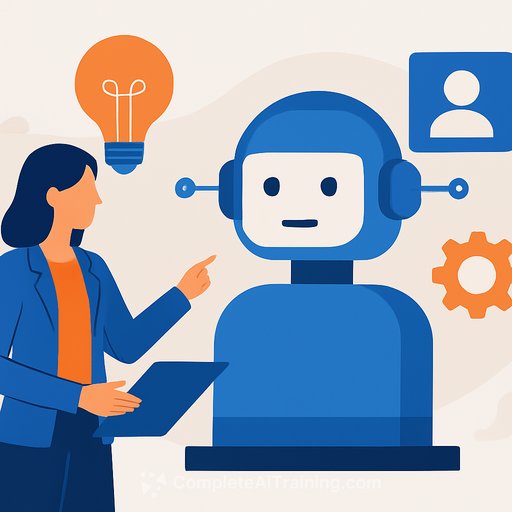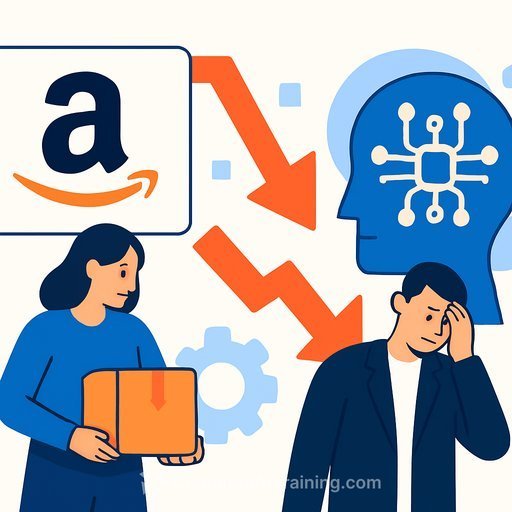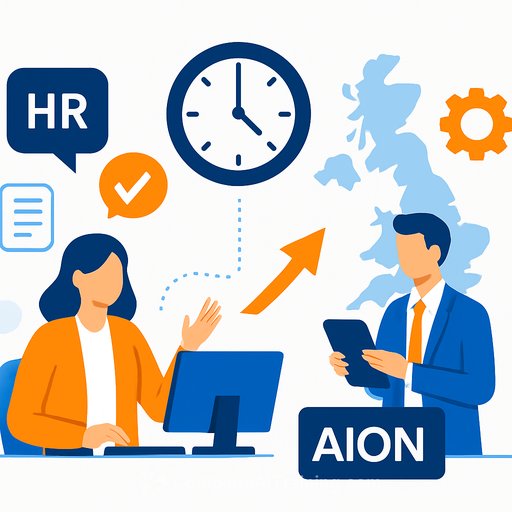Beyond Shiny Objects: Rebuild Your HR Tech Stack for the AI Era
AI tools are shipping faster than most teams can evaluate them. "Overwhelming doesn't even begin to cover it," said Andy Biladeau, SHRM's chief transformation officer. The work didn't go away - it multiplied - and the tech choices got noisier.
Whether you're refreshing a portal or rethinking HCM, the playbook is simple: adopt with intention, invest where it matters, and bring people with you.
Leverage AI Without Losing Integration
Yesterday's choice was between payroll, benefits, and performance vendors with similar feature sets. This year, the pivot is clear: AI is being woven into core products - some as chat layers, others inside workflows.
Before you add another tool, audit what you already own. Many platforms ship AI features you haven't turned on. Interoperability is back on center stage, with vendors pointing to open standards like the Model Context Protocol (MCP) to connect systems and large language models.
- Which AI features in our current stack are sitting idle?
- Can our systems exchange data cleanly today - and under load?
- Do our vendors support open standards (e.g., MCP) for integrations?
- Where are the data privacy, security, and audit gaps?
Readiness isn't just appetite for change. It's about a foundation that can carry HR through the AI wave.
Map Your Tech Strategy to Your Workforce Strategy
Budgets are tight and vendors are loud. "HR technology stacks have never been more complicated and in so much flux," Biladeau noted. Review every agreement, know your renewals, and avoid overlapping tools.
- If headcount growth is flat, pause new recruiting software spends.
- If skills are a priority, prioritize AI-enabled learning and upskilling.
- Get agreement with business leaders on the next 24-36 months of talent needs - that's where your tech dollars go.
Shift from Adoption to Enablement
Stop chasing "adoption" metrics in isolation. Frame new systems as enablement. Tell employees, in plain language, how these tools make their work faster, clearer, and less repetitive.
One example: a project management rollout focused on helping teams prioritize critical work, manage cross-functional projects, and move with agility. The lesson: don't sell features; show outcomes.
Reduce Regret by Admitting Change Is Messy
According to SHRM's Core HR Technologies Survey, 30% of HR leaders said their latest HR system wasn't worth the cost. Larger companies felt it more: 34% of organizations with 1,000+ employees, versus 22% under 100.
A common trap is treating transformation as a straight line from old to new. As Biladeau put it, change is messy and unending. Plan for that.
- Run live "labs" where teams watch a peer use AI on a real task, then try it with a coach.
- Use short pilot programs to create safe spaces to stumble and learn.
- Host mini hackathons to co-create workflows and templates.
Shared experience builds confidence faster than slide decks. Change works best when it's shared, not delivered.
Start with Quick Wins
If your team feels stuck, start small and practical. Build momentum with tasks that save time today.
- Auto-generate job descriptions and refine with SMEs.
- Spot emerging skills from internal data and market signals.
- Draft learning content first-pass, then polish.
Small wins free capacity and earn you the room to tackle bigger workflow changes.
Make Collaboration the Default
"Cross-functional collaboration is critical," Biladeau emphasized. Bring IT, finance, and legal in early - not as gatekeepers, but as co-designers of the HR ecosystem.
- Publish a one-page problem statement, success metrics, and constraints.
- Co-build a shared roadmap tied to budget cycles and vendor renewals.
- Stand up data governance: retention, access, audit trails, model transparency.
Ground the Hype in Reality
"No single system can do everything." Define the mix that fits your near-term needs, and don't be afraid to rationalize overlapping tools. Simplicity beats stack sprawl.
The future of HR tech isn't the perfect tool; it's a flexible, resilient ecosystem that evolves with your people and business. Treat AI as a learning partner and you'll stay useful - and ahead.
Further Resources
- Open standard for AI integrations: Model Context Protocol (MCP)
- Practical upskilling for HR teams: Complete AI Training - Courses by job
Your membership also unlocks:

